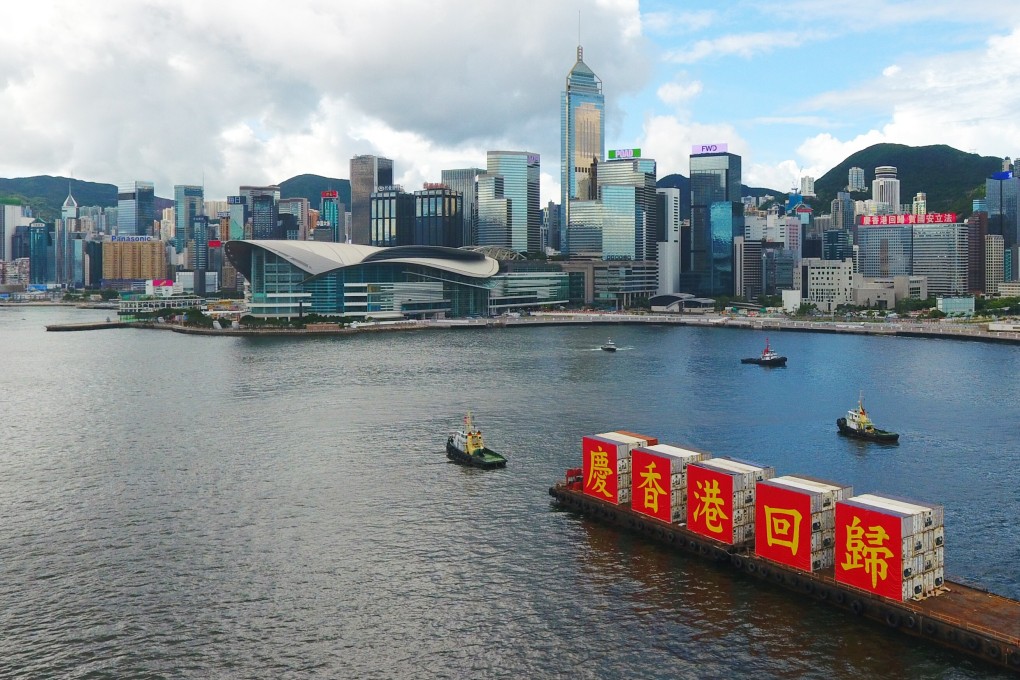Advertisement
National security law’s grey lines blur Hong Kong’s future as a global financial centre
- The vagueness of the new legislation, statements by government officials and the actions of the police do not inspire confidence that the law will be narrowly applied
- If Hong Kong is to be more than China’s offshore financial market, it must retain its free press, independent judiciary and honest civil service
Reading Time:4 minutes
Why you can trust SCMP

“Everyone knows where the red lines are now,” a senior member of Chief Executive Carrie Lam Cheng Yuet-ngor’s administration said at a closed-door meeting which I attended. That was right after Financial Times journalist Victor Mallett had been kicked out of Hong Kong following a Foreign Correspondents’ Club event he moderated featuring Hong Kong National Party founder Andy Chan Ho-tin. This was late 2018 and the official had an air of smug satisfaction as he celebrated a job well done.
Today the red lines are gone.
Since July 1, we have fuzzy grey lines from a broadly drawn national security law. The new law has not brought peace but heightened anxiety.
Advertisement
If an increasingly uncertain legal system disqualifies Hong Kong from the ranks of world-class financial centres, what does that mean for our city?

05:50
What you should know about China's new national security law for Hong Kong
What you should know about China's new national security law for Hong Kong
The answer is not promising. An American Chamber of Commerce survey released on Monday underscored this uncertainty. More than three-quarters of companies said they were concerned about the new legislation, with 41 per cent saying they were “extremely concerned”.
Advertisement
Advertisement
Select Voice
Select Speed
1.00x
